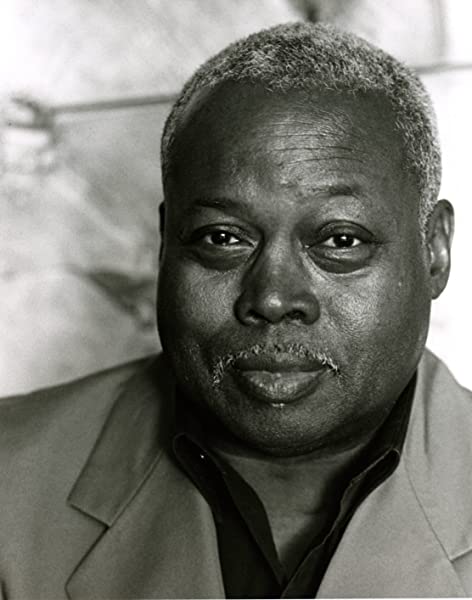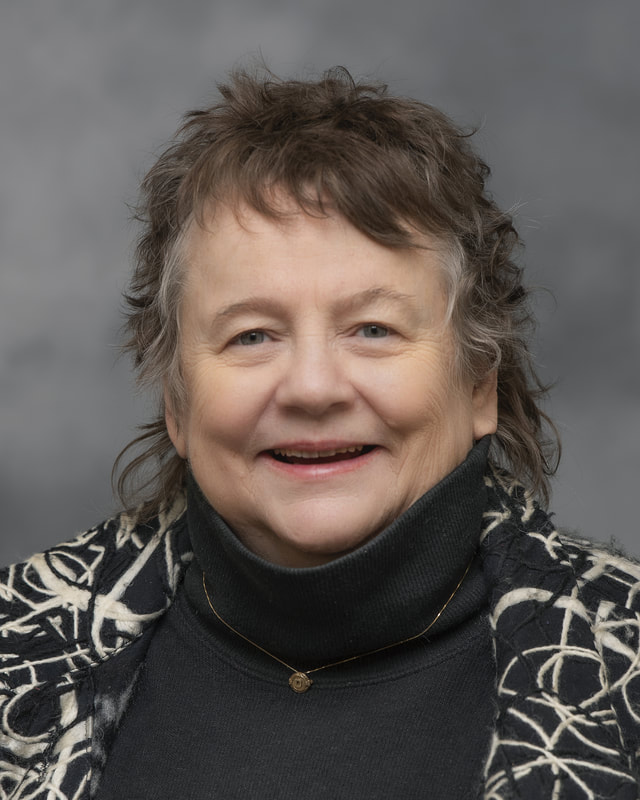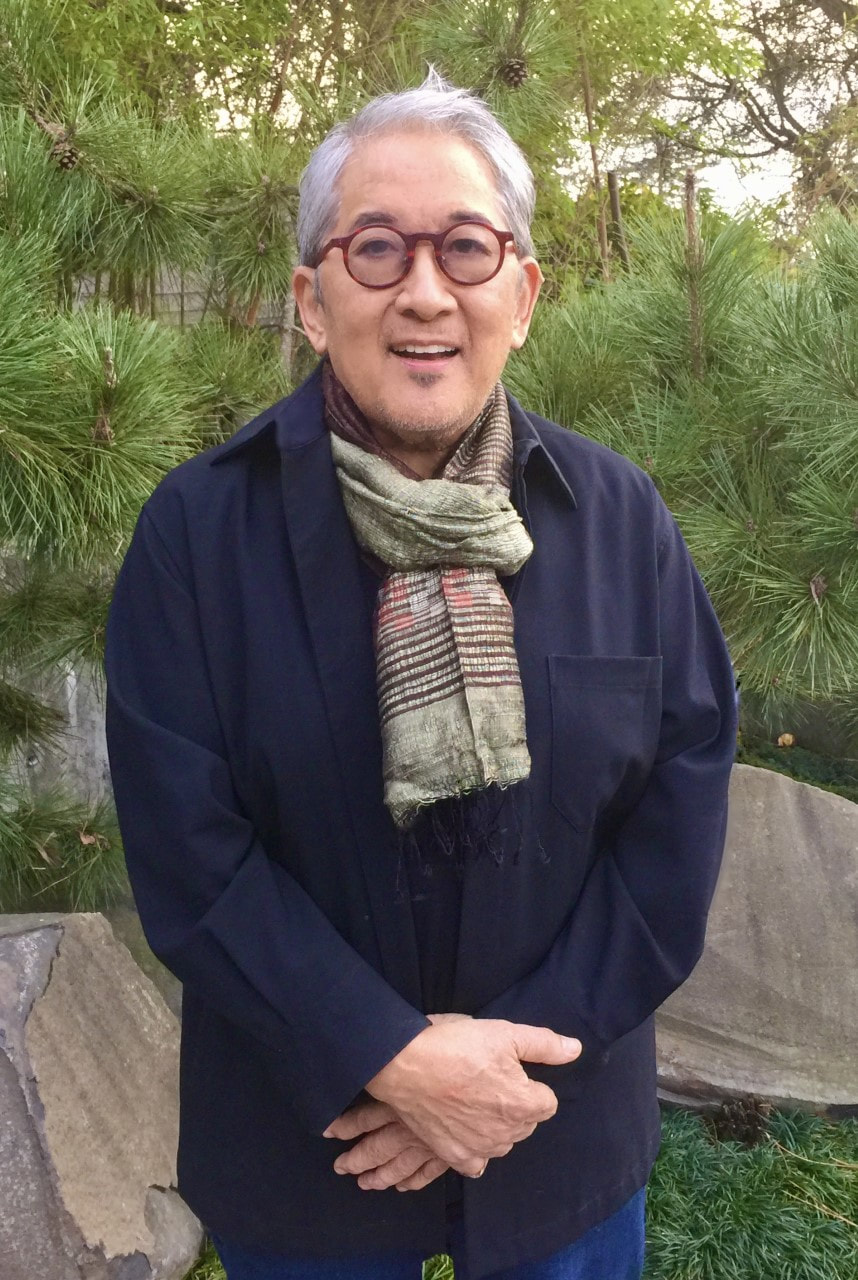ED BULLINS
|
An African American playwright and author, Ed Bullins began his professional playwriting career began in 1965 with the production of How Do You Do, Dialect Determinism (or The Rally), and Clara's Ole Man at the Firehouse Repertory Theatre in San Francisco. He later became the Resident Playwright and associate director at Robert Macbeth's New Lafayette Theatre in Harlem, New York. There Bullins headed the Black Theatre Workshop which gave starts to Richard Wesley, OyamO , Martie Charles, and others. Bullins also edited Black Theatre Magazine, published by the New Lafayette, and later directed the Writers' Unit Playwrights Workshop for Joseph Papp at the Public Theater and the Playwrights Workshop at Woodie King's New Federal Theatre in NYC. He also served in the Cherry Lane Theatre Mentor Project. Bullins earned his BA degree from Antioch College in 1989 and his MFA in playwriting from San Francisco State University.
Some other plays of Bullins include It Has No Choice (1966), In the Wine Time (1968), Goin' a Buffalo (1967), A Son Come Home, The Electronic Nigger, and Clara's Ole Man (1968, American Place Theatre) which collectively won the Vernon Rice Drama Desk Award, and The Taking of Miss Janie, for which he received both an Obie Award and the New York Drama Critics Circle Award (1975). Bullins has received Guggenheim Fellowships, Rockefeller Foundation playwriting grants, an AUDELCO Award, a National Endowment for the Arts playwriting grant, and others. Before retiring, Bullins was a Distinguished Artist-in-Residence at Northeastern University in Boston. |
CONSTANCE S. CONGDON
|
Constance Congdon has been called "one of the best playwrights our country and our language has ever produced" by playwright Tony Kushner in Kushner's introduction to her collection Tales of the Lost Formicans and Other Plays, published by TCG, Inc. In addition to Tales of the Lost Formicans, which has had more than 200 productions, world-wide, Congdon's plays include: Casanova, Dog Opera (both premiered by the Public Theater), Losing Father’s Body (Portland Stage), Lips, (Primary Stages), Native American, (Portland Stage and Lyric Hammersmith Studio), A Mother (starring Olympia Dukakis), and a new verse version of The Misanthrope, both commissioned and produced by American Conservatory Theater. Also at ACT: Moontel Six, a commission by the A.C.T. Young Conservatory and subsequently performed at London's National Theatre, followed by another production of the two-act version at San Francisco’s Zeum and directed by Young Conservatory Director, Craig Slaight. The Automata Pietà, another YC commission, received its world premiere at San Francisco's Magic Theatre in 2002; Nightingales went to the Theatre Royale Bath’s Youth Theatre. She has also written a number of opera libretti and seven plays for the Children's Theatre Company of Minneapolis. Congdon’s No Mercy, and its companion piece, One Day Earlier; were part of the 2000 season devoted to Congdon at the Profile Theatre. Paradise Street, premiered in Los Angeles, produced by the Title Nine Theater after a brilliant workshop production directed by Michael Birtwistle at Amherst College. A Conversation with Georgia O’Keeffe, directed by Greg Leaming, and starring Phyllis Somerville, has had a life with various actors, including Kathleen Chalfant and Eileen Heckert. The Children of the Elvi premiered at the Key City Public Theatre in its inaugural year as a professional theatre in Port Townsend, Washington.
Congdon's plays have been produced throughout the world, including Moscow, Helsinki, Cairo, Tokyo and Berlin. Her plays are published, mainly, by Broadway Play Publishing. Samuel French published Dog Opera. A collection of four of her plays has been published by TCG, Inc. Her new verse version of Tartuffe is included in the Norton Anthology of Drama, and is already out in a single-volume Norton Critical edition. She’s been writing a long time and can thank the NEA, the Rockefeller Foundation (for a single artist grant and again for a stay at Bellagio), thanks also to the W. Alton Jones Foundation, the Guggenheim Foundation, the Arnold Weisberger Award, the Berilla Kerr Award, and, most recently, The Helen Merrill Award, all of them for making her writing life more possible. Congdon received honors from the New England Theatre Conference (2009) and an award "for distinguished service to the American theatre" at the Great Plains Theatre Conference. She’s a proud alum of New Dramatists, member of The Dramatists Guild and of PEN and just received the Lilly Award, an award given to women for a lifetime achievement in the theatre. Congdon has taught playwriting at the Yale School of Drama but her home has been Amherst College where she taught for 30 years. Since retiring from Amherst, Congdon, has written more plays, Enemy Sky; Take Me to the River, a revision of her play about the water crisis in the west; Hair of the Dog, a new play about the death of Marlowe as investigated by William Shakespeare and Marlowe’s sisters. In the works: a play about Lise Meitner, untitled as of yet, and a play about love and obsession: Cupid and Psycho. Congdon lives in Hadley, Massachusetts, with her partner, Ronald Prunty, and near her grandchildren, Corabella Johnson and Calvin Johnson. |
PHILIP KAN GOTANDA
|
Over the last four decades, playwright PHILIP KAN GOTANDA has been a major influence in the broadening of our definition of theatre in America. The creator of one of the largest canon of Asian American-themed works, Mr. Gotanda has been instrumental in bringing stories of Asians in the United States to mainstream American theater as well as to Europe and Asia. In the early 1970s, Gotanda began writing and performing songs chronicling the emergent Asian American identity. Along with other Third World artist-activists, Mr. Gotanda performed his songs at demonstrations, political rallies as well as colleges and universities around the country. Titles included: Ballad of the Issei, Asian American Dream, All American Asian Punk. They captured the struggles of immigration, assimilation and humorously harsh realities of being young and yellow in America. Gotanda began writing plays in the late 1970s, finding a home in the Asian American theatres and in larger venues with progressive leadership. Mr. Gotanda states his works ‘investigate the psychological and emotional body of Asian America finding those pockets of locked away rage and repression’, ‘muted love and stunted expression’. ‘Many times the location is in what is not said, indirection, the silence. It’s cultural, it’s racism. You have to know how to listen to hear’. Gotanda’s plays also look at Asian America’s positioning within a diverse America investigating his communities’ intersections with other marginalized groups. In particular Gotanda has written about the historical relationship of Asians and Blacks in this country. These works include: Yohen, After the War, The Wash, and I Dream of Chang and Eng. (Yohen was supported by Danny Glover and his theatre, Robey Theatre.)
Gotanda holds a law degree from Hastings College of Law and studied pottery in Japan with the late Hiroshi Seto. Mr. Gotanda is a respected independent filmmaker. His 3 films Life Tastes Good, Drinking Tea, and The Kiss have all been official entries at the Sundance Film Festival. A CD of Gotanda performing his original songs in a 1980 concert with violinist DH Hwang is now available at www.yokohamaca.com. Gotanda’s libretto for the opera, Both Eyes Open, with composer Max Duykers is scheduled to premiere later next year at the Presidio Theatre in San Francisco. Gotanda is presently working on music projects with composer, Shinji Eshima, and multi-instrumentalist, David Coulter. Mr. Gotanda is the recipient of a Guggenheim, TCG/Pew, Lila Wallace. as well as other honors and awards. Gotanda is a Professor with the Department of Theater Dance and Performance Studies at the University of California at Berkeley. He resides in the Berkeley Hills with his novelist-producer wife, Alameda Arts Commissioner, Diane Emiko Takei, and their pup, Cosmo Finn McCool. |






